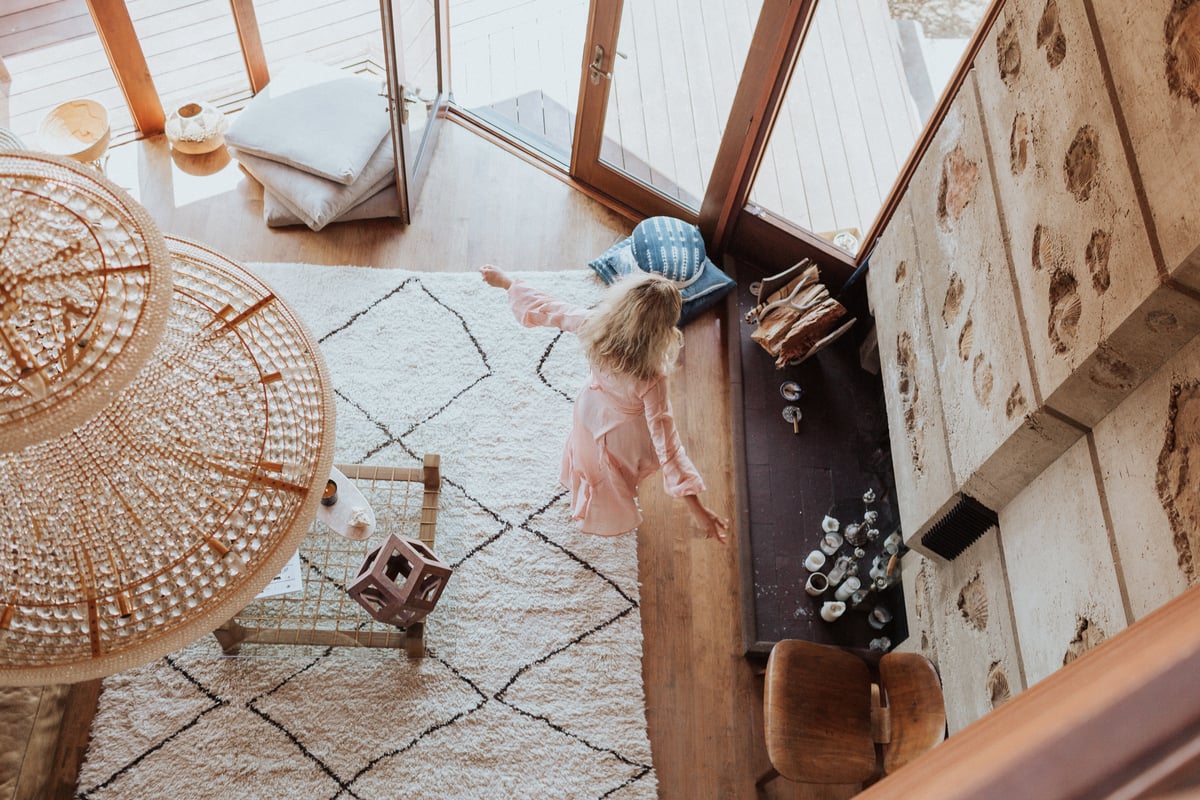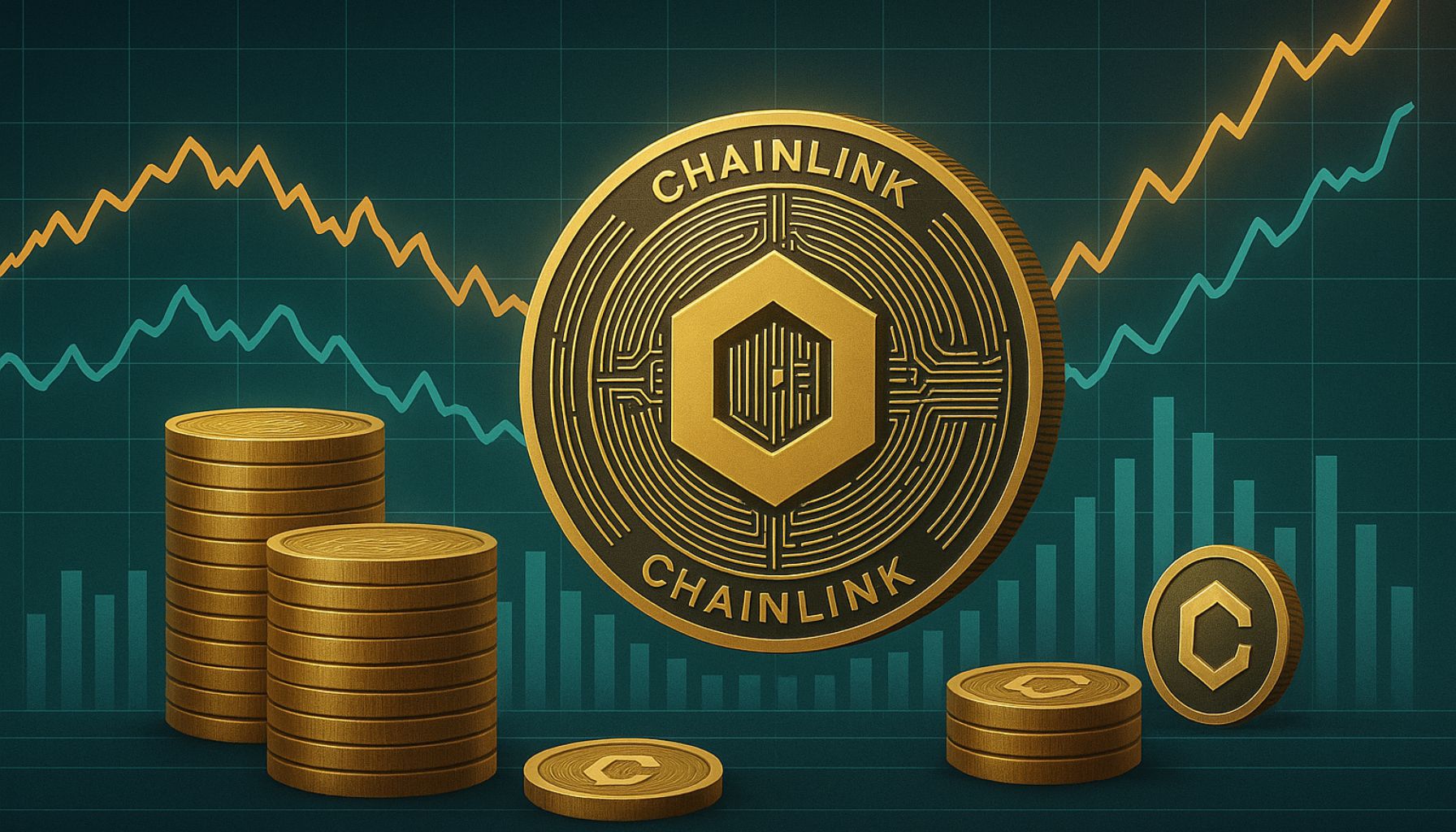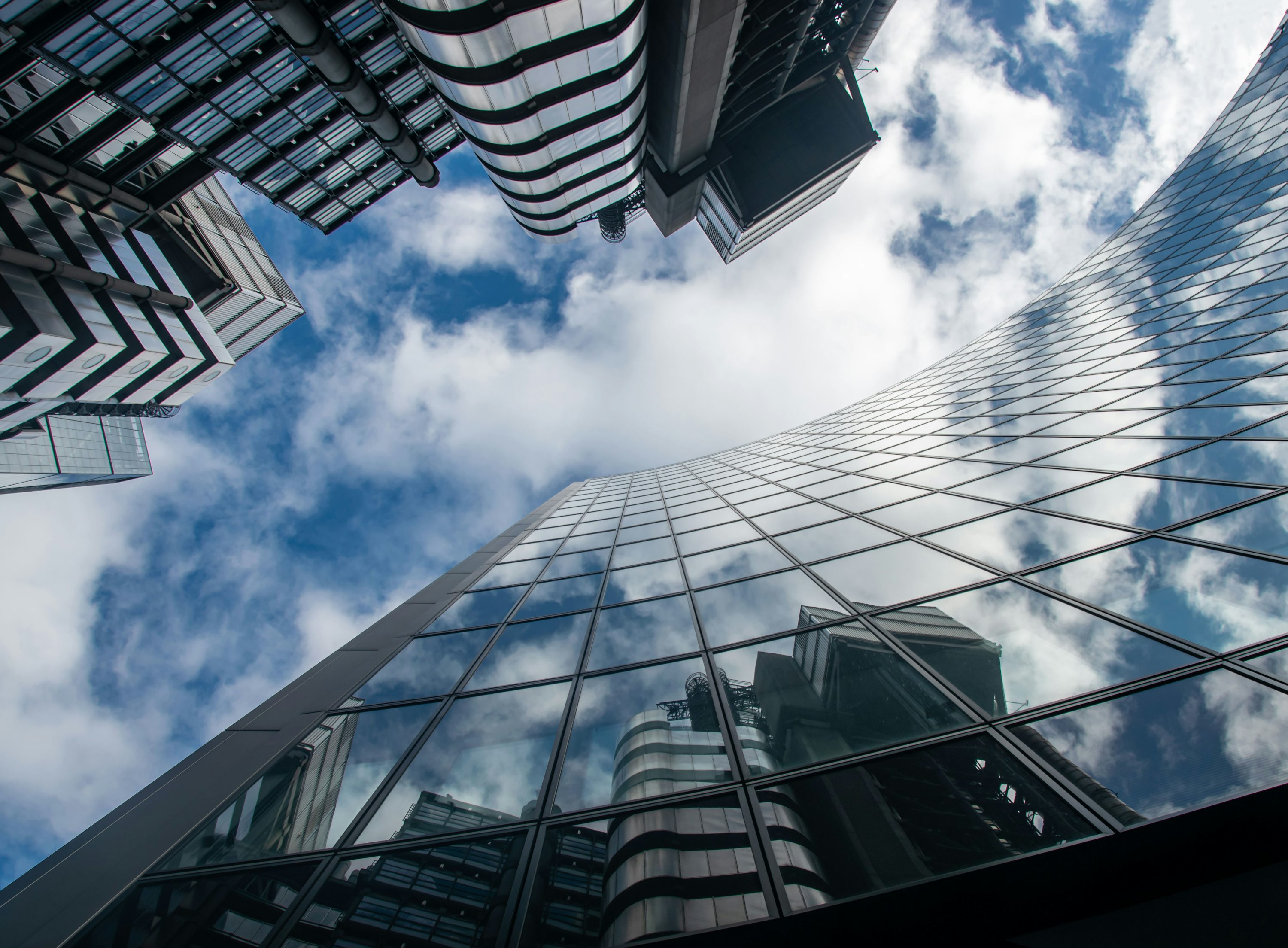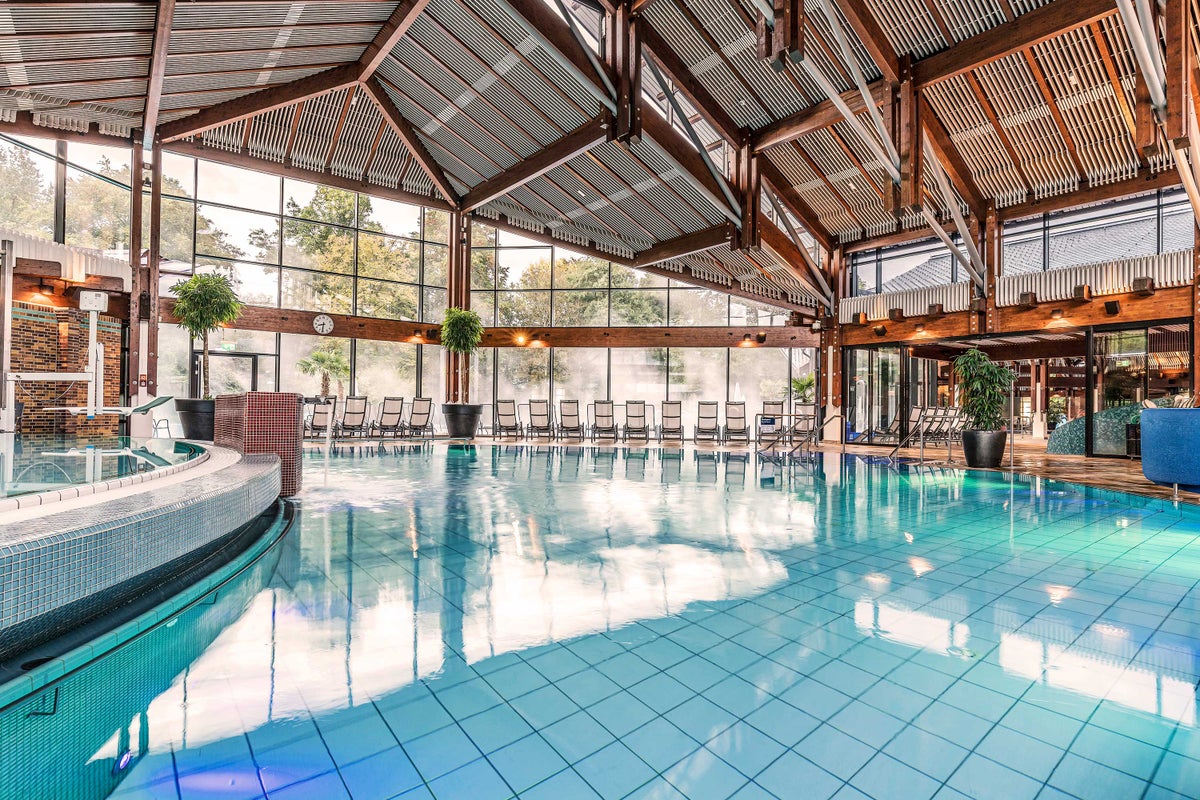Why Start-ups Should Be Setting Up With Sustainability at the Heart
Start-up businesses are the heartbeat and future of our planet, and they therefore, must play a key role in creating sustainable businesses of the future. To elaborate more, UK TV personality and founder of sustainability platform ‘Buy Smarter Buy...

Start-up businesses are the heartbeat and future of our planet, and they therefore, must play a key role in creating sustainable businesses of the future. To elaborate more, UK TV personality and founder of sustainability platform ‘Buy Smarter Buy Greener’ Kate Hardcastle MBE discusses the way forward in sustainability and small businesses.

Why it matters
According to Hardcastle, at a time when our planet had some time to recover due to less travel during COVID-19, the leaders of the world came together for COP26 and the big brands are making their pledges to do more and be better – with net zero, reducing waste, recycling and reusing, all high on the agenda. “It matters to our consumers more than ever too, COVID-19 has subtly, but significantly shifted consumer awareness of the relationship with the spaces in which we live, accelerating demand for living a more sustainable life,” she says. “Over the last 18 months, consumers have spent more time outdoors and in many cases had more time on their hands to appreciate our planet with 39 percent of shoppers saying they will have a more environmentally friendly mindset when out shopping as a result of COVID-19.”
Where to begin
When we talk about sustainability, it’s important to look at what is realistic to a business owner? “We know that it’s impossible to be one hundred percent green and sustainable all of the time, so it’s essential to look at what is realistic
for you and your business – what quick switches, ideas, and changes could you implement to make a difference?” she asks. “Small steps make big changes. As a start-up business of 2021 and beyond, it is our duty to create a business
which is mindful of our planet, reducing the impact, and in an ideal world, being self-sufficient.”
Here are some areas to consider when starting your business
Create a green culture from day one – setting out your green agenda and objectives at the same time as creating your business plan is essential – sustainability should be at the heart of your business. Think about how you could help your staff, your community, and those around you to be green, too– could you set up a ‘green team’ or allocate a ‘green champion’? Empower staff to make important decisions and introduce new initiatives that will encourage all staff and customers to make more sustainable choices.
Reducing your carbon footprint – many large companies have set future goals to reduce their carbon emissions and become net zero – as a startup business, how can you build this into your business plan from the word go? Think about your forecasted emissions, how could you minimize or reduce them? Look at your consumption of energy and water, can you install heat pumps or solar panels to generate your own energy from the beginning? If you can’t avoid
or reduce certain elements of energy usage, look into carbon offsetting schemes whilst you find a way to reduce your emissions further.
Packaging – think about how your products are packages and distributed to your customers. What type of materials are you using to send your products out to customers? Can you reduce the amount of packaging used or reduce the amount of single use plastics used in the process?
Product sourcing – take a look at the products you will use to run your business, whether this is the materials used to make your products or the tools and machinery needed in the process – can you reduce plastic usage or use recycled materials?
Challenging your supply chain – take a look at your suppliers green credentials to make sure they align with your sustainable values or even simply asking them if they can source a more environmentally friendly solution for you can make a big difference.
Wastage and recycling – whilst we appreciate that this probably isn’t the most appealing job to on your to do list, reviewing your waste is an effective way to understand exactly what your business is using and what is being thrown away – as a start-up business, take a look at your forecasted wastage – how can you reduce, reuse, and recycle more in your processes?
Behind the scenes – when setting up a business, there are many behind the scenes tasks that can be tackled with a green focus from day one – from the cleaning products you use to the energy consumed and even the pens in your stationery cupboard. Having a holistic approach to creating a sustainable business will help embed your green plan and cement it at the heart of the business.
Consider ways to help your customers make sustainable choices – how can you help them to come on the green journey, too? Can you help them live every day in a more sustainable way? Can you educate them on how your products or services are reducing the impact on our planet? Can you give them tips or ideas to be more sustainable?
Collaboration is key – we simply can’t work alone to reduce our impact on the planet – how can you work with others to make a difference? Can you make a collective effort to reduce waste or recycle more? Can you create a green charter for the businesses around you to sign up to?
Together, we can make an impact and doing so from day one in a start-up business gives the upper hand and keeps sustainability at the forefront. H

 MikeTyes
MikeTyes 































